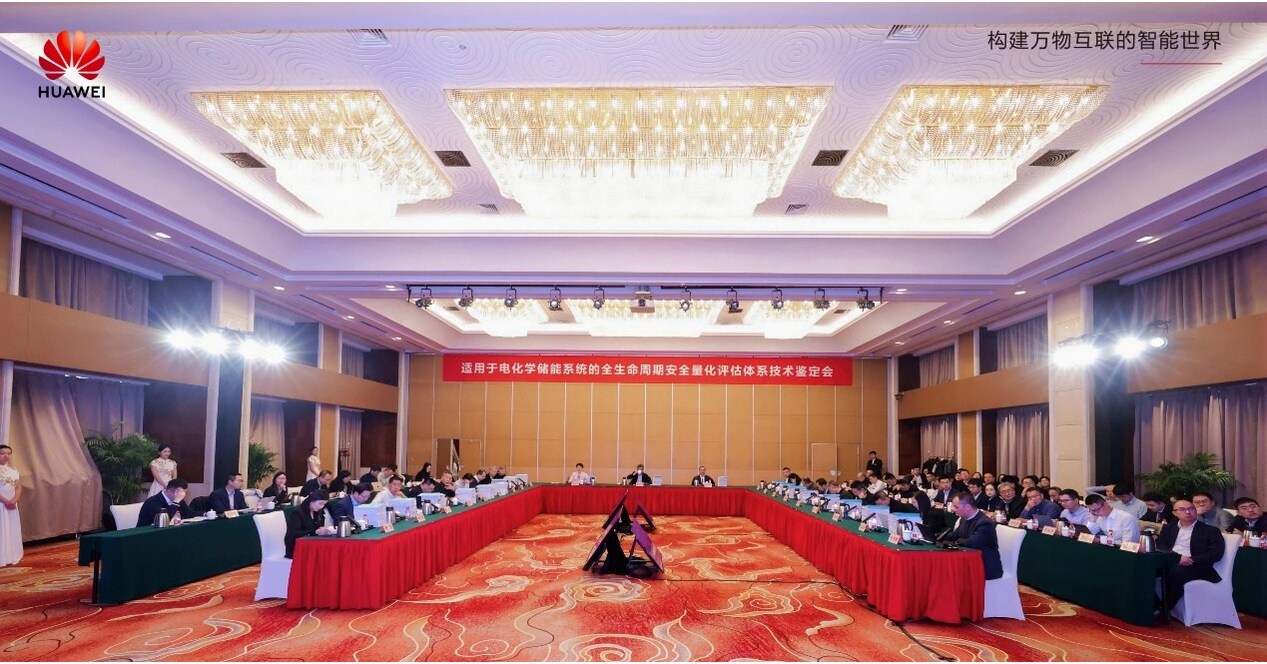Telkomsel Accelerates Expansion of Hyper 5G Network in Denpasar and Badung
Telkomsel, a leading pioneer in 5G connectivity in Indonesia, is taking significant steps to expand its Hyper 5G network by establishing 225 new 5G sites in Denpasar and Badung. This move aims to support the development of the local economy and tourism industry in these areas.
The company’s marketing director, Derrick Heng, emphasized the importance of enhancing Indonesia’s global image through the strengthening of key tourist destinations, supporting local tourism, boosting small and medium-sized businesses, and improving public services. Telkomsel is committed to providing comprehensive 5G services nationwide to drive the country’s digital transformation and economic growth.
With the support of Huawei as a network solutions provider, Telkomsel’s expansion on Bali marks a significant milestone in the deployment of 5G networks. The company now covers over 1000 sites in 56 cities and districts, including industrial zones, residential areas, international airports, the capital city, and popular tourist destinations. Telkomsel will continue to expand its 5G coverage nationwide to bring the benefits of the latest technologies to customers from all walks of life.
Telkomsel’s network director, Indra Mardiatna, highlighted the strategic approach to network expansion, focusing on delivering a high-quality customer experience to drive inclusive and sustainable digital development. The deployment of 225 Hyper 5G sites in southern Bali demonstrates Telkomsel’s commitment to leading Indonesia’s digital transformation and providing cutting-edge technologies to customers.
In line with the company’s goal of strengthening the Indonesian society and building a better future, Telkomsel offers innovative and top-notch connectivity services for individuals, households, and businesses. By continuously expanding its 4G network, developing 5G technologies, and introducing the latest fixed broadband technologies, Telkomsel aims to provide customers with even more positive experiences.
For more information about Telkomsel and its services, visit www.telkomsel.com or connect with the company on social media platforms such as Facebook, Twitter, and Instagram. Telkomsel remains dedicated to sustainable operations and adheres to sustainable investment principles to positively impact the business ecosystem. As the world continues to grapple with the ongoing COVID-19 pandemic, many industries have been forced to adapt and evolve in order to survive. One such industry that has been heavily impacted is the restaurant industry. With restrictions on indoor dining and fluctuating guidelines on social distancing, many restaurants have had to get creative in order to stay afloat.
One trend that has emerged during this time is the rise of ghost kitchens. Also known as virtual kitchens or cloud kitchens, these establishments operate solely for delivery or takeout orders, with no physical dining space for customers. This model allows restaurants to cut down on overhead costs such as rent and utilities, and focus solely on the preparation and delivery of food.
Ghost kitchens have become increasingly popular as more consumers opt for convenience and safety during the pandemic. With the rise of food delivery apps like UberEats and DoorDash, customers can easily order from a variety of restaurants without leaving the comfort of their homes. This has created a new avenue for restaurants to reach a wider audience and increase their revenue streams.
Another benefit of ghost kitchens is the ability for restaurants to experiment with new concepts and menus without the risk of investing in a full-scale restaurant. By operating out of a shared kitchen space, chefs can test out new recipes and offerings to see what resonates with customers, and quickly pivot if needed.
While ghost kitchens have proven to be a lifeline for many restaurants during the pandemic, there are some challenges that come with this model. One major concern is the lack of face-to-face interaction with customers, which can make it difficult to build a loyal customer base. Additionally, the reliance on third-party delivery apps can eat into profits, as they often take a significant cut of each order.
Despite these challenges, ghost kitchens have shown that they are here to stay. As the restaurant industry continues to adapt to the changing landscape, virtual kitchens offer a viable solution for restaurants looking to stay competitive in a post-pandemic world. By leveraging technology and innovation, restaurants can continue to thrive and serve their customers in new and exciting ways.




